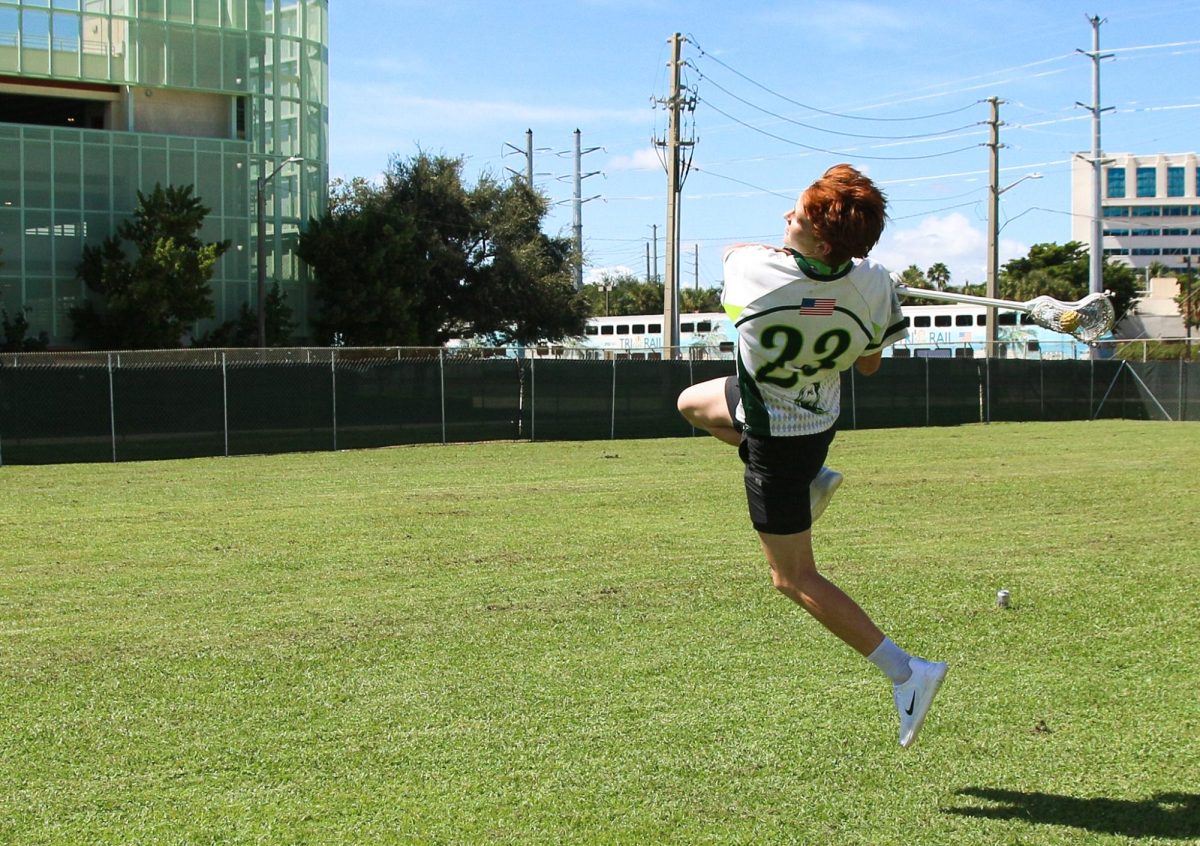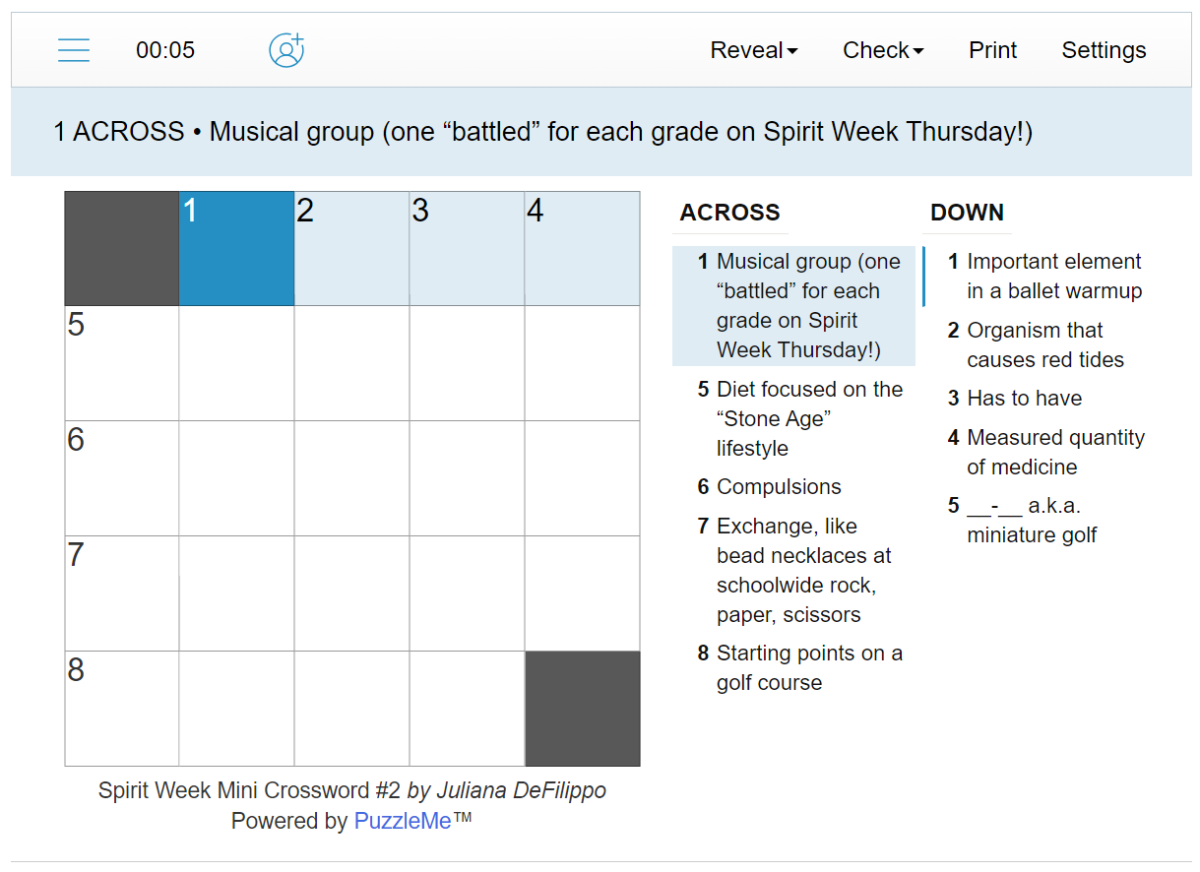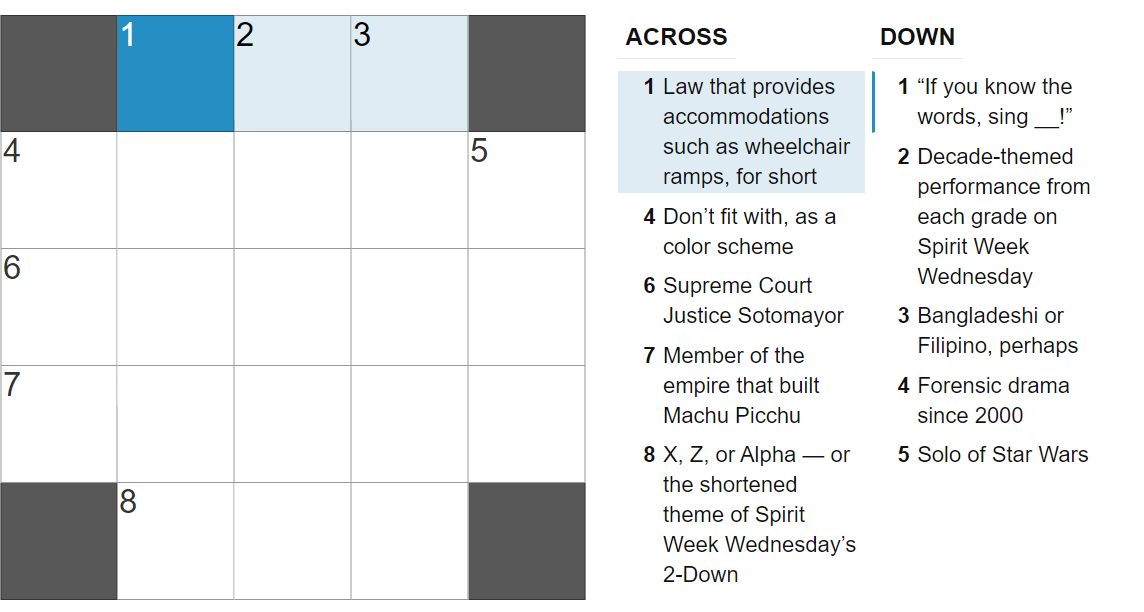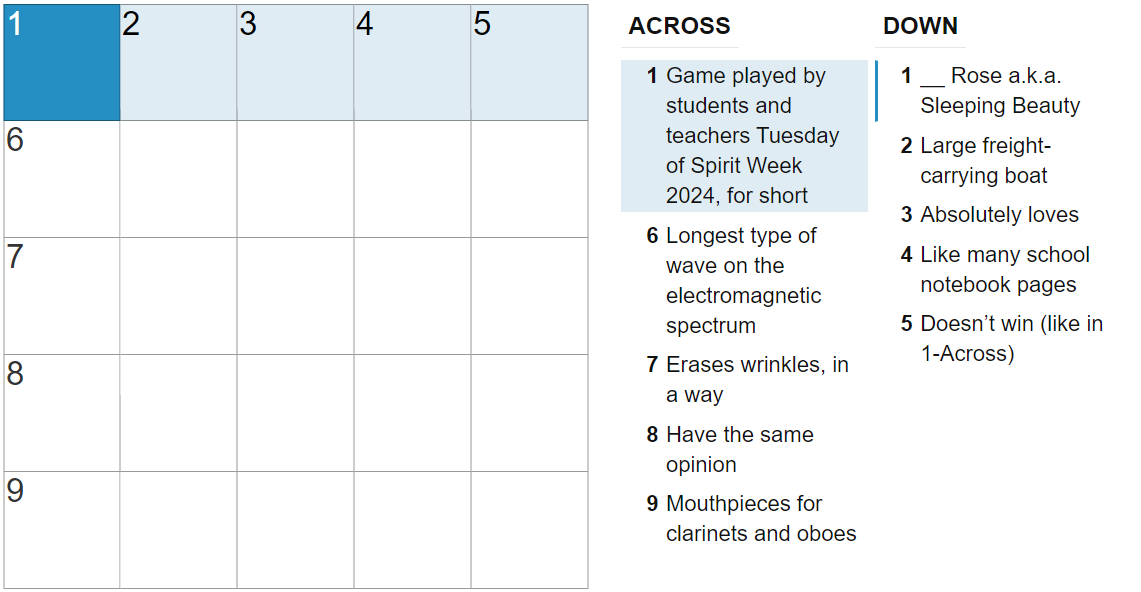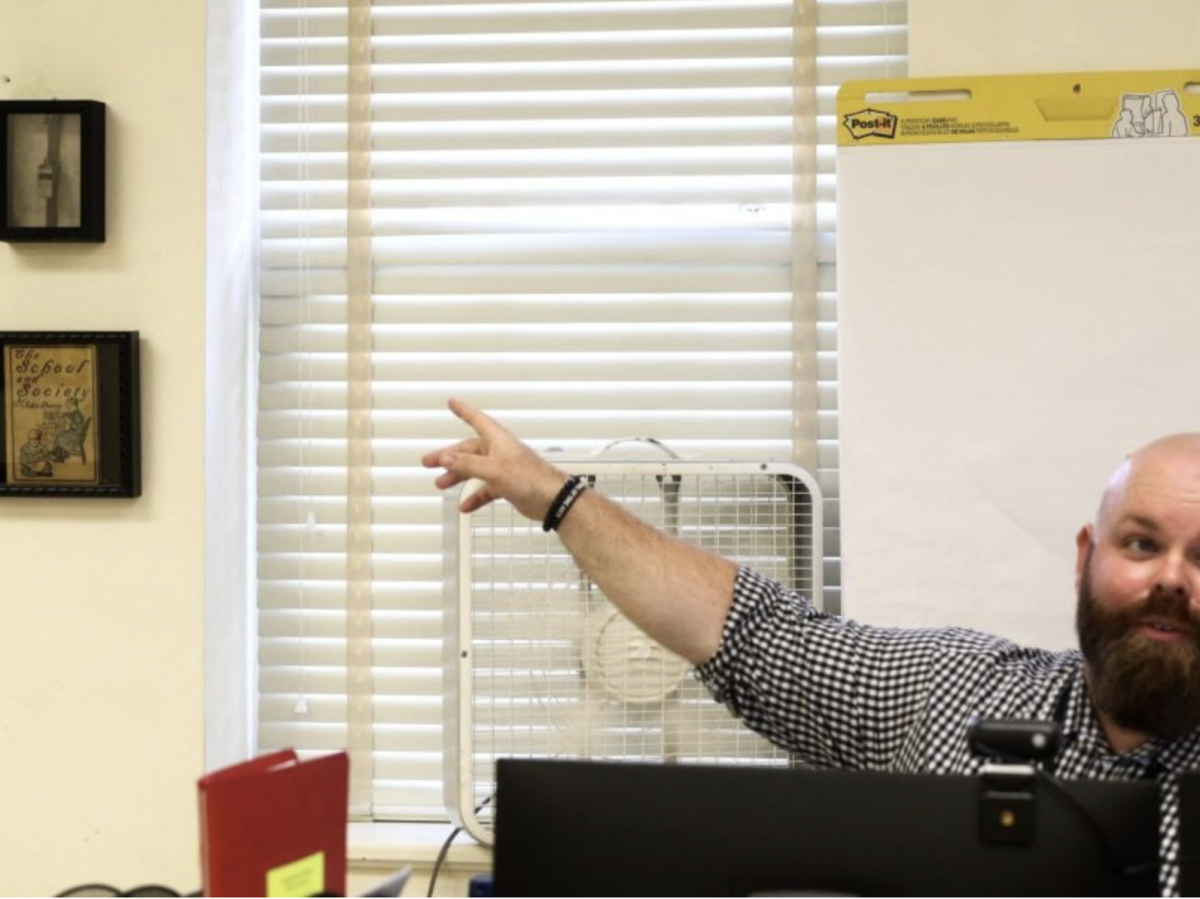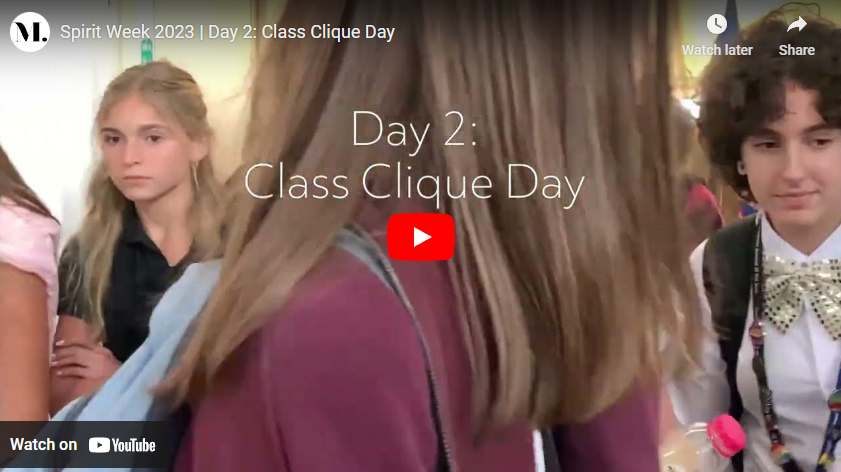It is that light nagging in the back of the head, a restless feeling that says something’s not right. Students haven’t felt that way since they were in school. Now that it is summer students have nothing but a schedule full of fun ahead. It is only when they clean out their backpacks that they realize… “Oh yeah, summer assignments.”
It is common for students to go through several stages to help cope with the fact that they did not escape the stress and iron grip of the educational system. In fact, the stages are universal and experienced by most students who attend high school. The key is recognizing and understanding what they are going through and putting into perspective where they are.
1. Denial
This is the first reaction to the realization that school has found its way into summer. In an attempt to hold on to an enjoyable summer, many students ignore or refuse to believe they were given work in the first place. An example of a commonly heard phrase would be “I don’t have any work to do,” and when in the phases of deep denial: “I was never given any work to do.”
2. Anger
This second stage is brought on by the cold reality that they do in fact have summer assignments to complete. It is commonplace to see students moaning and complaining about the course work they have. Blame is placed on individuals who may have nothing to do with the situation. Often times you hear the complaints: “It’s not even like I’m going to need this later in life,” “I hate [insert teachers name]” and “I hate school so much.”
3. Self-Pity
In this stage the student pities themselves and their choice of classes, shifting the blame from others onto themselves. This is a normal reaction to helplessness and vulnerability. The anger once felt towards others has found its way onto themselves. Things they may say to themselves are “Gosh what is wrong with me,” or “why did I choose this class,” and when your self-pity has reached its peak, “I might as well drop out of school.”
4. Depression
This is the stage where the student becomes introverted and lets the self-pity consume them. Phrases used are “Is my life one big assignment?” or “I can’t go on” followed by sobs. Often times it is the people they love that pull them out of their funk. They lend encouraging words and give hope that, yes, they can do it.
5. Acceptance
Here the student has reached the end of their journey. This is the final stage where one has reached a point in acceptance that they have been given summer assignments and have to move forward in completing them. In this deeply personal moment they have let previous stages run their course and have welcomed healing. Now they are ready to start the arduous process of completing summer assignments and look forward to a brighter future ahead.





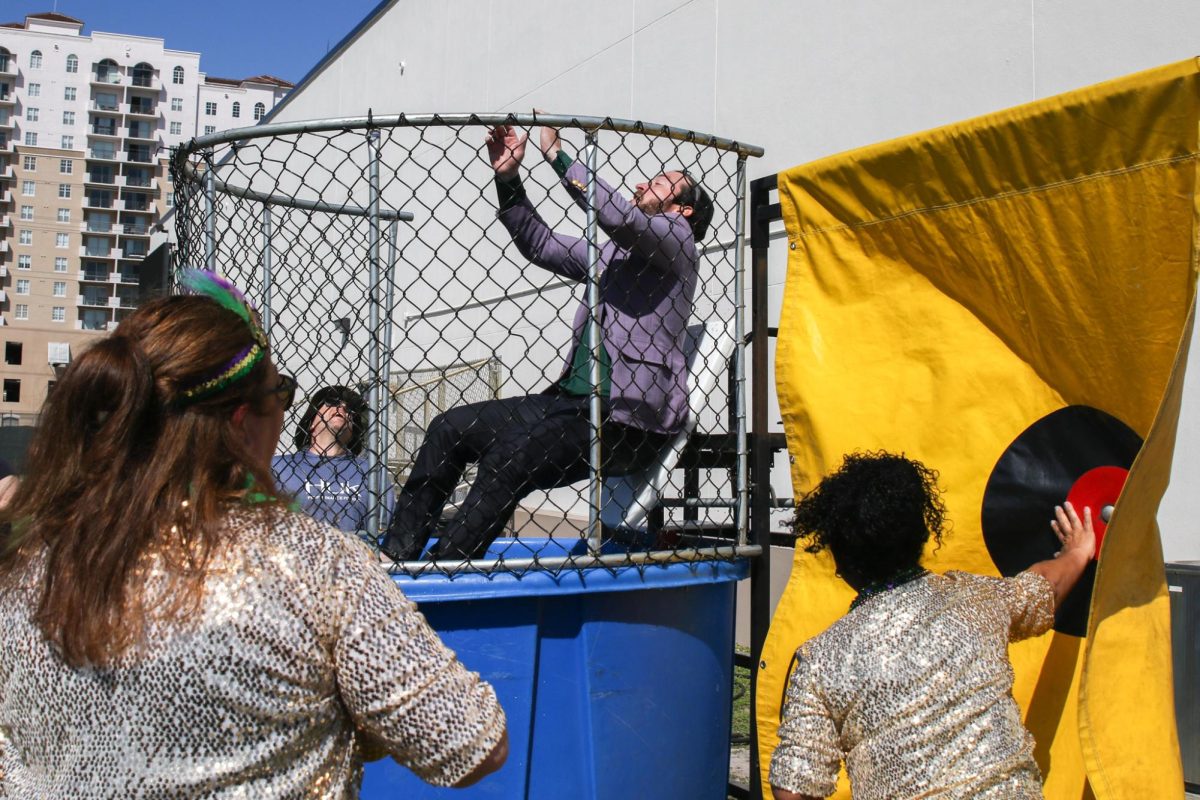

![[BRIEF] Fire Alarm Interrupts Class](https://www.themuseatdreyfoos.com/wp-content/uploads/2023/10/breaking-news-1200x927.png)


















![[SATIRE] Spirit Week: Written in the Stars](https://www.themuseatdreyfoos.com/wp-content/uploads/2024/03/front.png)




